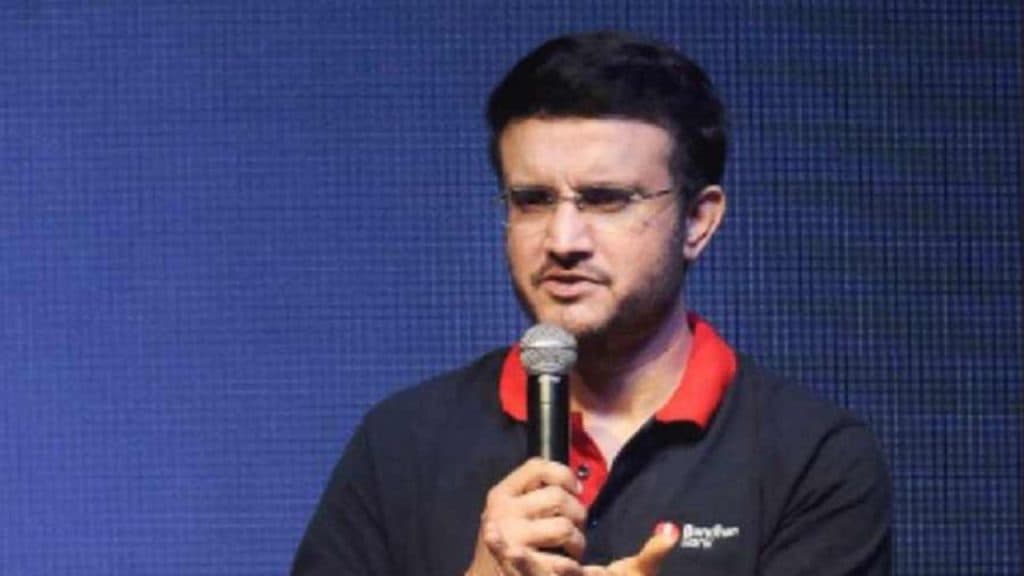Sourav Ganguly came in with promises to make Indian cricket a better place. Now, his term done, he leaves us with the realization that the more things change, the more they stay the same.
BCCI President from the beginning to the end
In November 2019, weeks after he had been installed as BCCI president, Sourav Ganguly’s administration proposed several amendments to the board’s constitution. Written in 2018 by the Lodha Committee and which had been set up three years before by the country’s Supreme Court to recommend improvements to the board’s functioning. Those amendments, if effected, would strike at the heart of the Lodha reforms, arguably taking the BCCI back to its days of unchecked power and lack of accountability.
Read more: ICC T20 WC 2022: Sunil Gavaskar Gifts A Cap Signed To Pakistan Captain Babar Azam
On 14 September, the Supreme Court agreed to most of the proposed amendments
On September 14 this year, the Supreme Court agreed to most of those proposed amendments. Most importantly, the court agrees to relax the cooling-off period. Rule under which the board’s office bearers were barred from holding prolonged unbroken tenures. Thus allowing Ganguly and Jay Shah to serve another term as BCCI president and secretary.
Perhaps a huge missed opportunity
It was a bit sad that Ganguly will be out of BCCI. The spin given by political parties was a bit hectic. And who has surrounded him since his retirement as a player? And whom he has never disappointed. Yet there was an overwhelming sense of despair. It was perhaps a huge miss opportunity.
Read more: Pat Cummins Replaces Aaron Finch As Australia’s New Men’s ODI Captain
My biggest priority will be to look after first-class cricketers
Arguably the biggest let-down, given Ganguly’s background, was his inaction on player-related issues. Backing domestic cricketers was one of his pitches as president. “My biggest priority will be to look after first-class cricketers,” he told PTI hours after becoming president. Within a fortnight he had raised the bar: there would be a contract system for first-class cricketers.


